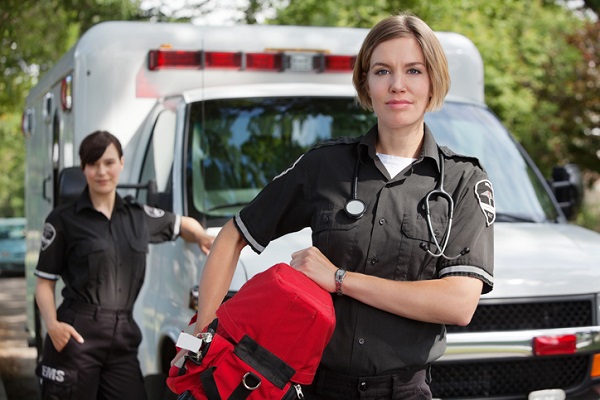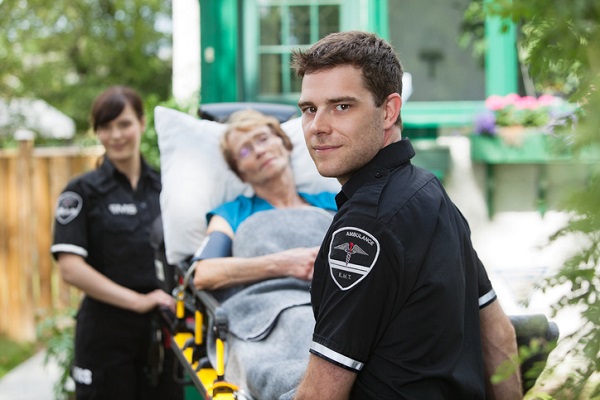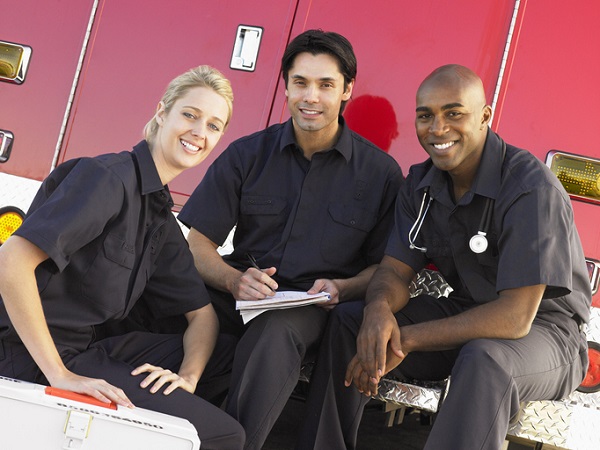
Emergency responders are regularly dispatched into situations that most people would never encounter. Often arriving first at the scene, as a paramedic you must help people who are in need while maintaining your composure and delivering professional services. Because a paramedic’s job can be so turbulent, it is imperative that you practice self-care before, during, and after your shifts.
Read about why self-care is particularly important for emergency responders, and how specific self-care methods can be applied practically over the course of a career in the field.
Taking Care of Others Is Easier When You Take Care of Yourself
Emergency response is a dynamic and fulfilling profession. Primary care paramedic workers are trained to administer pre-hospital treatment to patients with medical complications and to transport them to the appropriate facilities to receive further treatment. During any number of interventions, you may have to interact with patients or relatives who are emotionally distraught. These interactions must be addressed with compassion, calm, and consideration. During your paramedic primary care courses you’ll learn how to communicate with patients and family members in a professional and compassionate manner.
 Paramedics often find themselves in situations where patients may be upset or hurt
Paramedics often find themselves in situations where patients may be upset or hurt
When approaching a stressful situation where a patient might have been subject to some form of trauma or might be experiencing respiratory complications, staying calm is critical. Establishing a relationship of trust between yourself and a patient begins with you cultivating a sense of being in control of the situation. If your own attitude reflects anxiety and uncertainty, it will be difficult to inspire calmness in your patient. For that reason, emergency responders’ self-care routines need to prepare them for these encounters so that they can deliver professional services.
Self-Care Strategies After Primary Care Paramedic Program
Although employment as an emergency responder is often gratifying, it is also rather demanding work. One of the most significant demands of a career in emergency response after completing your paramedic program is tackling fast-moving situations where people require your assistance. While fulfilling, this can also lead to emotional burnout. There are several self-care techniques to help you avoid this. Here are a few:
1. Have a support network. Having people you can talk to about your job is important. This does not mean that you should relate every aspect of your work to your family and friends, but they should be aware of what you do and of the implications that come with it. Moreover, consider communicating about personal challenges and difficulties with coworkers as they may be in the best position to understand and empathize with what you are going through.
 Having a support network can help with self-care
Having a support network can help with self-care
2. Be prepared. Ask yourself the ‘what ifs’? Not to the point of obsession, but consider the nature of your work and equip yourself professionally and emotionally to respond to different situations. The unexpected can always occur, and while you cannot be prepared for every scenario, you can ready yourself by maintaining your physical and mental health. This begins with fundamental things like rest and nutrition.
3. Maintain a work-life balance. It is important that you delineate boundaries between your personal and professional lives. As an emergency responder, you’ll witness and experience challenging moments. It is important that these remain separate from your life outside of work. You must make yourself and your personal life top priorities as this will ultimately help you stay calm and focused while you are on the job.
Are you interested in a primary care paramedic program?
Check out the courses offered at Oxford College.






